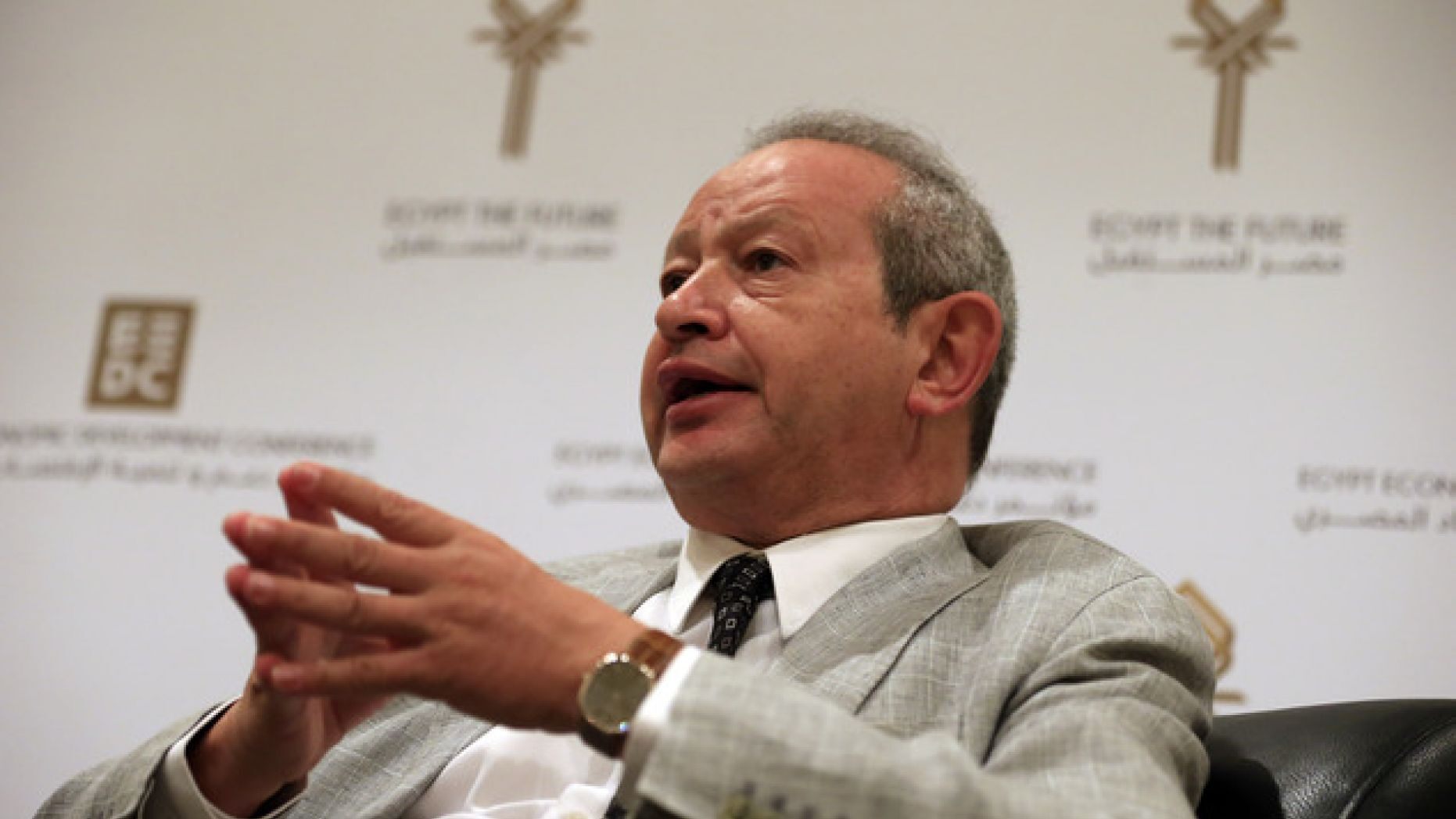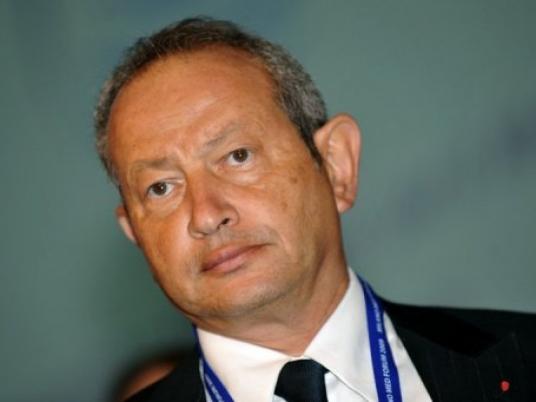The state-run Al-Ahram and Al-Akhbar boasted near mirror images of their front pages today, with a focus on the repercussions of the Naga Hammadi drive-by shooting incident on Coptic Christmas eve and more national football team related celebrations. In Al-Akhbar, however, coach Hassan Shehata soberly warns against premature cheer, saying “the path is still long and difficult.”
Al-Akhbar reported on the upcoming investigation results of the Naga Hammadi incident, re-confirming that of the three suspects, the weapon of Mohamed el-Kamouni, the chief suspect, was used in killing the victims. Al-Ahram, on the other hand, focused on a report by the National Council for Human Rights, which calls for urgent measures to deter any threat to national unity resulting from the incident. The council called for "an iron fist to beat down religious intolerance and sectarian aggression," requesting that justice be administered swiftly so as not to foster increased resentment among the Coptic community. The report also called for speed in issuing a unified law for the building of places of worship, as well as carrying out an in-depth socio-economic study to determine the underlying causes that led to sectarian tensions in recent decades.
One news story that made it on the front page of virtually all the nation’s leading newspapers was the decision of the Judicial Administrative Court to halt the sale of Mobinil to France Telecom. A previous decision by the General Committee for Fiscal Monitoring had ruled that Mobinil shares would be sold to France Telecom at LE 245 per share – a decision the company’s chief executive officer, Naguib Sawiris, had opposed. The new decision, however, nulls this previous verdict, and Al-Ahram suggested that a new round of negotiations between the two telecommunications company’s will most likely be underway. However, Sawiris was quoted by most papers as saying, “We are staying in our country, [we are] not leaving,” with Al-Akhbar providing a close up picture of Sawiris in tears of joy at this latest decision.
For independent daily Al-Shorouq, dominating the top headline was health minister Hatem el-Gabaly’s decision to stop the importation of two million units of swine flu vaccine. The minster was quoted as saying on Al Haya Al Youm TV program that the decision was due to “a lack of demand for the vaccine among school students.” The minister also addressed previous concerns over contaminated vaccine units, saying that the Egyptian Committee for Medical Monitoring analyses all medicine 10 days before its distribution into the market to ensure quality.
Standing out among today’s papers is pro-government Al-Gomhorriya, whose front page was dominated by an article written by its Editor in Chief. Addressing a growing sense of betrayal among fellow journalists and other citizens bewildered by Egypt’s agreement to build an underground wall to block tunnels across the border with Egypt and Gaza, the article poses the following questions: Why isn’t the border with Rafah open all the time? Why did Egypt agree to build this wall? And finally, why was British MP George Galloway stopped at the border and deemed "persona non grata"? In response to these questions, the article lists reminders of the many times Egypt stood up to Israel, as well as providing a litany on the evils of Hamas. The article is accompanied by a drawing of an Egyptian woman handing a large box of humanitarian aid to a fellow Gazan, yet a large hand is stabbing the Egyptian woman in the back, with the words Hamas, Galloway and Iran written on its sleeve.




